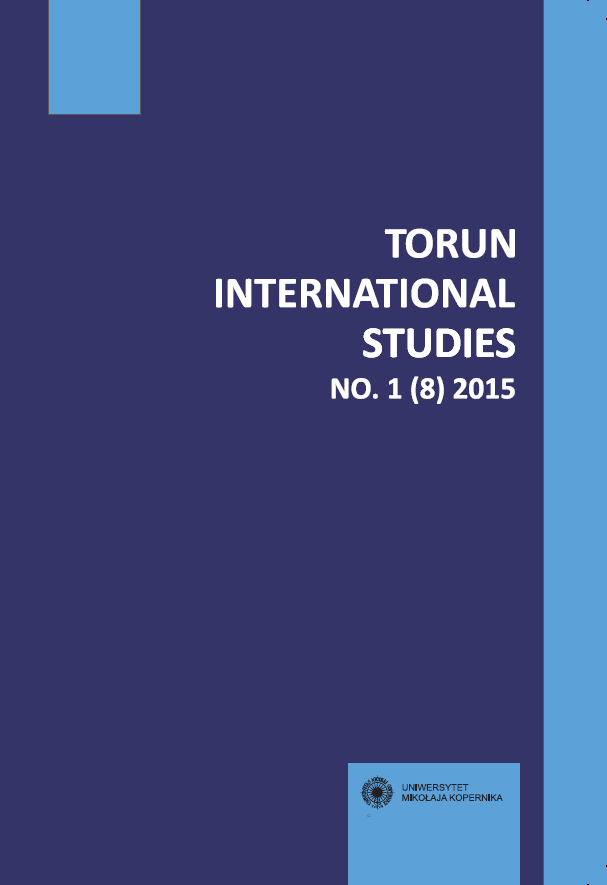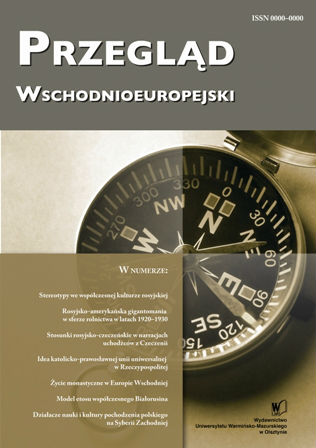National economic image and soft economic power evaluation
Author(s): Oleksii Chugaiev / Language(s): English
/ Issue: 8/2015
Keywords: economic power;soft power;national image;economic information
The article provides a review of national economic image, brand, and soft economic power evaluation methods based on opinion polls or objective indicators. The author elaborates and tests a webometric method for evaluation of specific components of national economic image and soft power. National economic image is measured as the share of positive messages in total number of messages about economy of a country. Soft economic power is described as national economic image adjusted for absolute amount of positive economic information about a country. Various key words and expressions are used for web search query to analyze specific components of economic image (trade, inflation, finance, budget, quality, competitiveness, investment, business, corruption, corporate governance, wages, economic cooperation or conflicts, economic growth or crisis). The advantages and limitations of the suggested approach are discussed. The sample for testing the method includes Poland, Ukraine, Russia, Turkey, Romania, Germany, and Moldova. Germany and Poland have almost no major weaknesses, while Russia and Ukraine have almost no major strengths among economic image components. Germany is a soft power leader in the majority of areas, followed by Russia, Turkey and Poland. Ukraine, Romania, and Moldova can improve their image and soft power by better real economic performance and wider coverage of positive economic information about these countries.
More...


